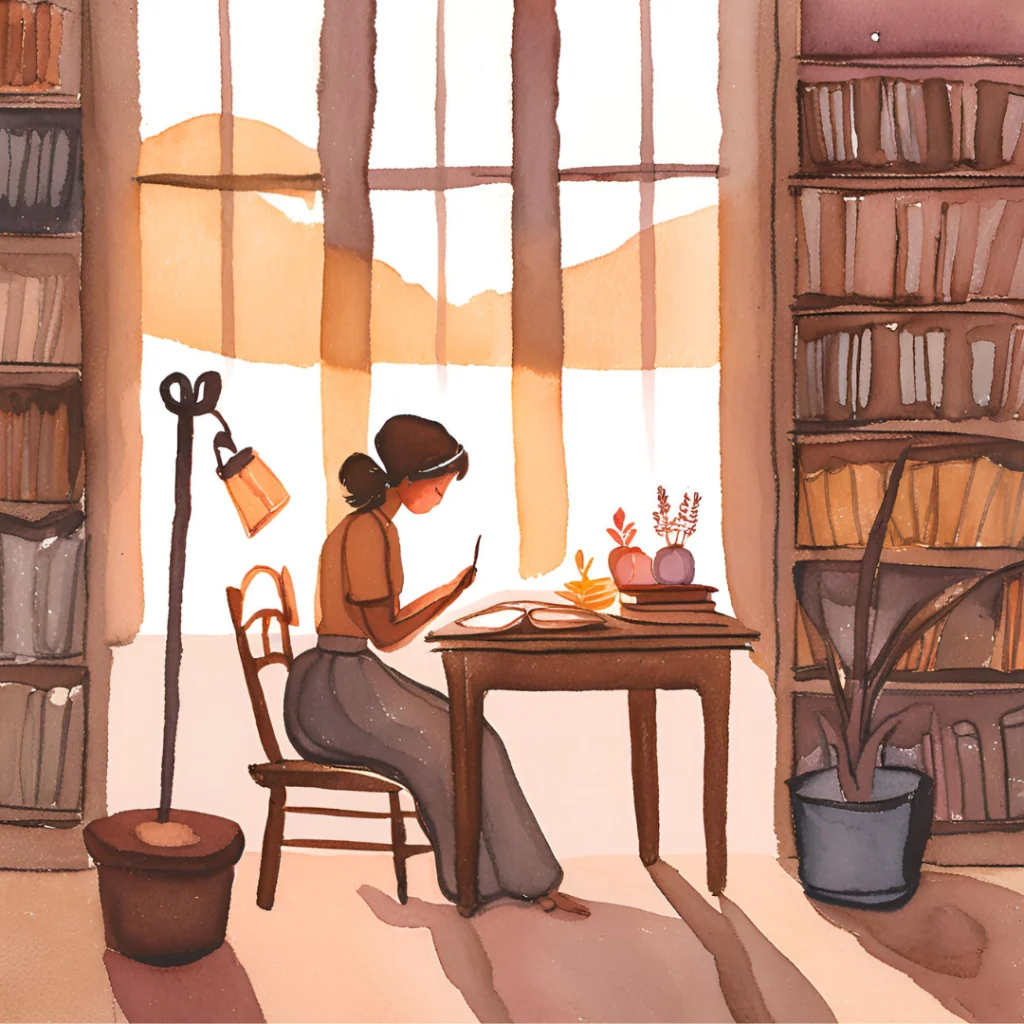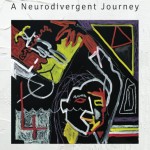Change begins with the words inside your head.
Jay Shetty, “Think Like a Monk”
Does your inner voice drain you with negativity? If you are not aware, pay attention to your mood. Track your moods every day and notice what thoughts you hear inside your head when you are happy, joyful, angry, sad etc. Your thoughts and your moods are interdependent, and they are a result of what you feed your mind. In fact, how do you feed your mind?
By what we read and hear. By who we spend time with. By what we do with our time. By where we focus our energy and attention.
Jay Shetty, “Think Like a Monk”
Have you ever felt that you should stop wasting time scrolling social media but couldn’t control yourself? Such conflicts happen inside your mind every day. You know what should be done but you let your impulsive feelings dominate you. In the book “Think Like a Monk” written by Jay Shetty, the author describes this scenario as a conflict between the Monk mind and the Monkey mind. These are two extreme ends that seek our attention. Going to the extremes will not serve us well. If you let your Monkey mind win, you would end up in guilt and if you let your Monk mind win, you would end up in dissatisfaction.
How many times have you felt that you should not have said something in a situation, and you couldn’t control yourself, and regret saying what you said later? You cannot take back what you said or did once it is already said or done. Apologies will never make things just the way it was before. The Monkey mind lets sudden unintentional reactions to distort your mind and then, you lose control over the moment. The Monkey mind does not know that it lost the control. It will unintentionally follow many other distorted thought lines mistaking each of the subsequent moments losing control further until you notice that it is too late.
However, the Monkey mind is not totally bad. It does not know its boundaries just like a child, but it gives you the opportunity to enjoy your life.
The child mind enables us to be spontaneous, creative and dynamic—all invaluable qualities—but when it rules us, it can be our downfall.
Jay Shetty, “Think Like a Monk”
On the other hand, the Monk mind is like the other extreme end. It is well-disciplined and controlled. What is the fun if the inner creative child in you is suppressed? Yet it is like a parent advising you for your own wellbeing. It tells you what you should be doing like:
- You should go to the gym and workout.
- You need to sleep early and wake up early to make your day productive.
- You promised yourself to watch only 1 episode on Netflix and now it has become endless.
- You know that you gain nothing out of scrolling social media, but something doesn’t let you stop.
You know exactly what you should be doing but you let your Monkey mind win. It justifies your impulsive actions with very creative excuses but in the end of the day, you end up in guilt.
We don’t want to be controlled by automatic reactions in every case, nor do we want to eliminate the child mind altogether.
Jay Shetty, “Think Like a Monk”
We need to work on both ends in a way they collaborate with each other. Enjoying a great TV show doesn’t hurt you. In fact, it entertains you. Having fun is crucial in our lives. Yet you need to know your boundaries and stick to them. That’s all. Of course, it is easier said than done. But do you really want to change yourself?
If you want something you never had, you have to do something you’ve never done.
Thomas Jefferson
The biggest challenge we face here would be our impulsive behavior. It takes time and that is totally OK. The difference will happen when you simply try. Noticing that you need to change yourself is in fact a great achievement because not everybody realizes that. Most of the people go in an autopilot mode without being aware of their actions.
…we can think of the interaction as making a friend or negotiating peace with an enemy.
Jay Shetty, “Think Like a Monk”
Our minds need continuous training, and the key is awareness. We need to frame the inner conflict in a way that the Monk mind and the Monkey mind work together in harmony.
How can we train our mind?
In the beginning of your self-awareness journey, a powerful technique that you can do easily is simply talking to yourself.
It may sound silly, but the best way to overwrite the voices in your head is to start talking to them. Literally. Start talking to yourself every day. Feel free to address yourself with your name and to do it out loud wherever you are comfortable doing so. Sound is powerful, and hearing your own name grabs your attention.
Jay Shetty, “Think Like a Monk”
Having a conversation with oneself with few drops of positive self-talk could do wonders. Self-awareness of your inner dialogue will make you understand your thoughts, feelings, and moods. Notice whether you are generally a positive person or a negative person. Everybody has both positivity and negativity in different ratios. If you notice that your thoughts are more to the negative side, you can reframe them.
Try using positive affirmations whenever you can. It will take some time to recondition your belief system, but you will feel a positive change. Mindfully stop when your inner thoughts go negative. In the book Think Like a Monk, the author brings forward a very effective way of reframing negative thoughts. It is called Spot, Stop, Swap.
1. Spot – becoming aware of the negative feeling or spotting the problem.
2. Stop – pausing to address the feeling and where it comes from.
3. Swap – Changing the way of processing. Journaling is a very practical way of swapping.
…writing in a journal about upsetting events, giving attention to your thoughts and emotions, can foster growth and healing, not only mentally, but also physically.
Jay Shetty, “Think Like a Monk”
As a final note, please be kind to yourself and be thankful for your own efforts. It is you who knows your real story and nobody else will understand you just the way you do. So, appreciate your own efforts every day and remind yourself that you are worthy.
PS: This article is inspired by the book “Think Like a Monk” by Jay Shetty. It is a life-changing book and is highly recommended for a good read.




